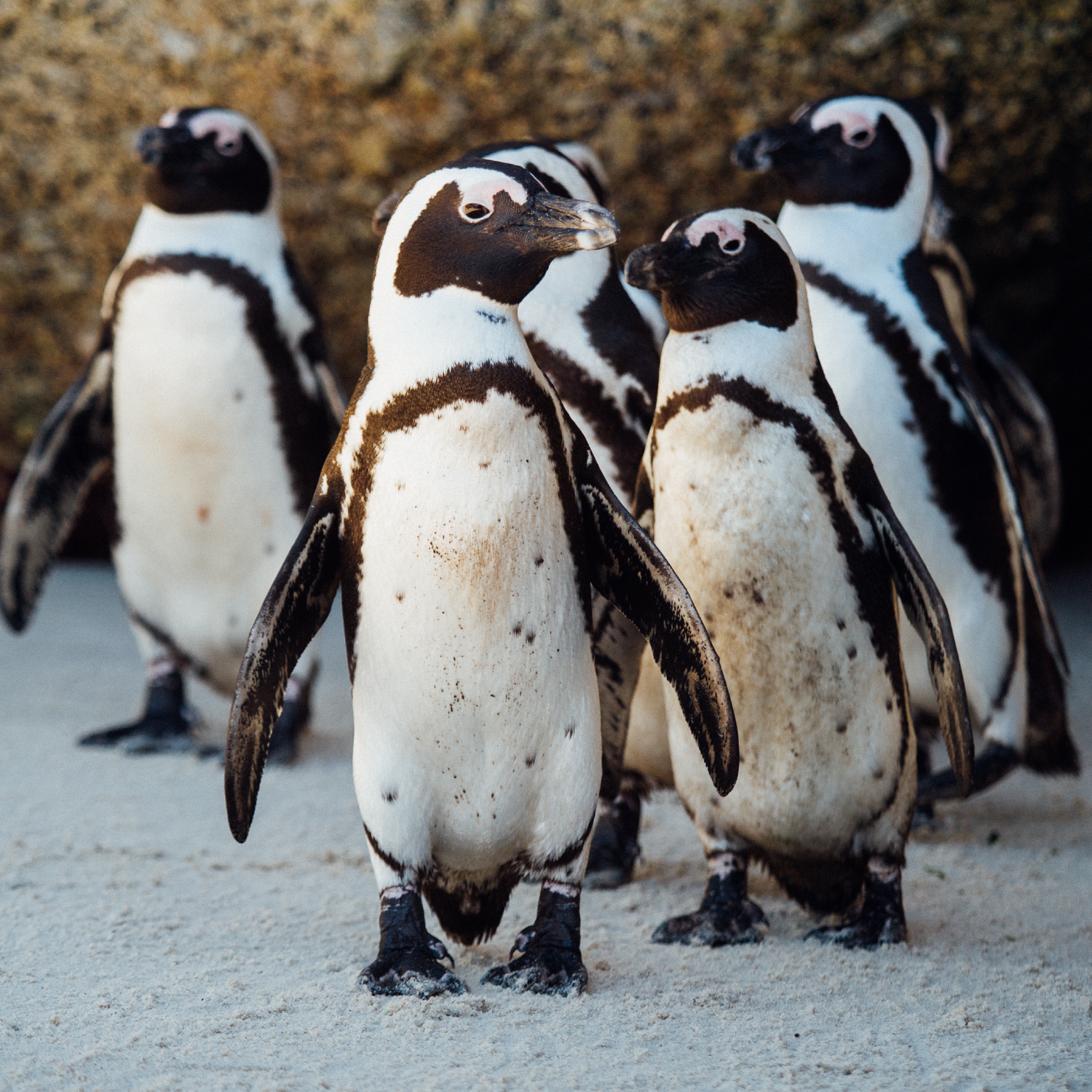The African Penguin, once a common sight along the southern coasts of Africa, is now facing a perilous decline. This charismatic species, with its distinctive black-and-white plumage and endearing waddle, has seen its population plummet due to a combination of overfishing, habitat destruction, and climate change. In response to this alarming trend, the conservation campaign "African Penguin Not On Our Watch" has emerged. This initiative, dedicated to reversing the decline of African Penguins, is making significant strides in ensuring the survival of this iconic species.
African Penguin: A Species in Peril
The African Penguin (Spheniscus demersus) is the only penguin species that breeds on the African continent, specifically along the coasts of South Africa and Namibia. Over the past century, their population has decreased by more than 90%, earning them an endangered status. The primary threats to their survival include:
- Overfishing: The depletion of fish stocks, particularly sardines and anchovies, has severely impacted their food supply.
- Oil Spills: Frequent oil spills along their breeding grounds have led to significant mortality and long-term habitat damage
- Climate Change: Changes in sea temperatures and storm patterns are affecting their breeding and feeding habits.
- Habitat Destruction: Human activities, including coastal development and tourism, have disrupted their nesting sites.
The African Penguin Not On Our Watch Campaign
African Penguin Not On Our Watch is a dedicated campaign aimed at saving the African Penguin from extinction. Through a multifaceted approach, they are tackling the challenges faced by these birds head-on. Here’s how they are making a difference:
- Habitat Restoration: The campaign focuses on restoring and protecting critical nesting sites. By creating safe and suitable breeding environments, they are giving penguins a fighting chance to raise their young successfully.
- Food Security Initiatives: By advocating for sustainable fishing practices and establishing marine protected areas, the campaign is working to ensure a stable and sufficient food supply for the penguins.
- Rescue and Rehabilitation: The initiative operates rescue and rehabilitation centers for injured and oiled penguins. These centers provide medical care and a safe haven for penguins until they are healthy enough to return to the wild.
- Research and Monitoring: Continuous research and monitoring are essential to understanding the penguins’ needs and the threats they face. The campaign supports scientific studies that inform conservation strategies and policy decisions.
- Community Engagement and Education: Raising awareness and involving local communities is a cornerstone of the campaign. Through educational programs and community outreach, they are fostering a sense of stewardship and encouraging people to participate in conservation efforts.

